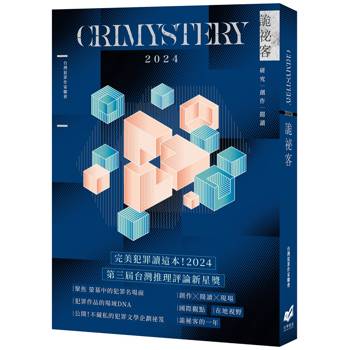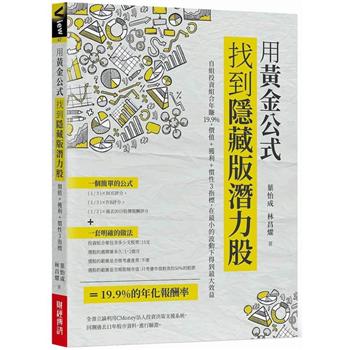Rethinks the relationships between author, reader, and text in literature and criticism, through a study of James Joyce
The Reader’s Joyce engages with core issues of literary studies by rethinking accepted literary, critical, and theoretical notions of the relationships between author, reader, and text. This monograph describes and queries the activity of reading prompted by the intertextuality and narrative of James Joyce’s Ulysses (1922), focusing on in-depth readings of the novel and its interactions with other texts from classical and contemporary literature to criticism, theory, and biography. Central to this approach are new analyses of the now commonly underplayed significance of Homer’s Odyssey to Ulysses, and of how authority functions in the developing critical reception of Ulysses since its publication. Through the prisms of Ulysses and ’the Joyce industry’ this monograph provides new perspectives on the author-reader-text triad in the wider field of literary criticism: diving into layered histories of concepts, challenges, and retreats in order to ask how we read now.
Key Features
- Offers the first extended exploration of authority in the reception of a canonical modernist author
- Re-centres Homer in Ulysses and its reception
- Presents an innovative approach to issues of reading by marrying new, close textual analysis of sections of Ulysses with critical, archival, and literary reception studies
- Suggests a new understanding of literary and critical acts of reading and authorship
Keywords
James Joyce, Homer, theories of reading, authorship, classical reception, metacriticism
Subject: Literature











